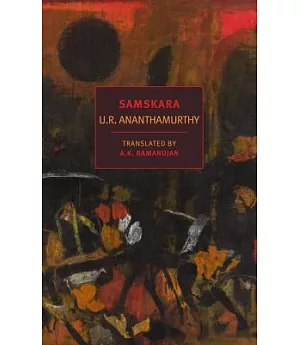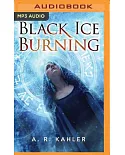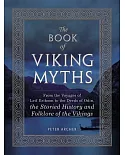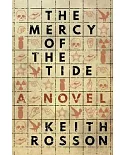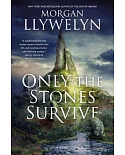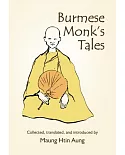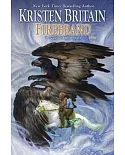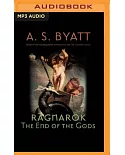Samskara is one of the acknowledged masterpieces of modern world literature, a book to set beside Chinua Achebe’s Things Fall Apart and Tayeb Salih’s Season of Migration
tothe North. Taking its name from a Sanskrit word that means “rite of passage” but also “moment of recognition,” it begins when Naranappa, an inhabitant of a small south Indian town
and a renegade Brahmin who has scandalously flouted the rules of caste and purity for years, eating meat, drinking alcohol, marrying beneath him, mocking God, unexpectedly falls ill and dies.
The question of whether he should be buried as a Brahmin divides the other Brahmins in the village. For an answer they turn to Praneshacharyah, the most devout and respected member of their
community, an ascetic who also tends religiously to his invalid wife.
Praneshacharyah finds himself unable to provide the answer, though an answer is urgently needed since as he wonders and the villagers wait and the body festers, more and more people are falling
sick and dying. But when Praneshacharyah goes to the temple to seek a sign from God, he discovers something else entirely—unless that something else is also God.
Samskara is a tale of existential suspense, a life-and-death encounter between the sacred and the profane, the pure and the impure, the ascetic and the erotic.

